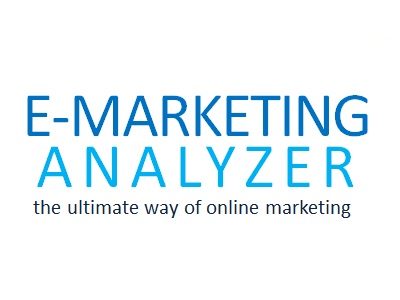Search Engine Marketing.
The concept behind Search Engine Marketing is quite simple: when a consumer or business search clicking on the Web through either a text box or through a directory hierarchy, he or she is in the "hunt mode." This psychological state is unique because it tells the search engine (and suppliers) that the person seeking information, often in direct or indirect commercial nature.
Marketer to understand that this "hunting mode" means that the search can be good at the beginning, middle or end of the buying cycle. When researching a product or service to meet the immediate and future needs is one special condition: they want relevant information and are open to the digestion and act on the information at hand, thanks to a search engine. This makes search engine results some of the best sources of targeted traffic, whether that traffic originates from the lists of "organic" unpaid search results or paid advertising.
Many marketers think of search engines results or SERP (Search Engine Results Page) provide as pure text results. The truth is that the result of a combination of text, images, video, audio and other file can be. In the United States, not just search engines are Google, Yahoo and Bing; include commerce sites like eBay and Amazon, as well as specialized search engines such as YouTube and Hulu videos, restaurant search engines, "people" search engines like LinkedIn or online business directories for local results, including IYPS (Internet Yellow Pages) and websites like Yelp, Angie's List, and others.
























